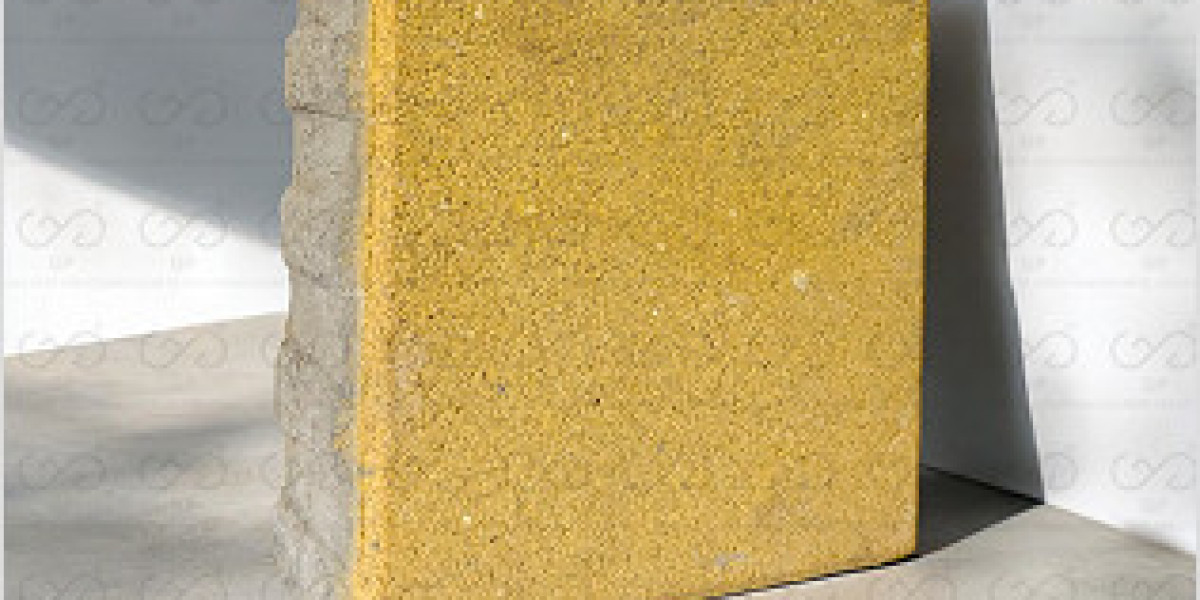When it comes to creating reliable sealing systems, the choice of material can make or break performance. Whether it’s an industrial valve, automotive gasket, or chemical pipeline, seals are often the unsung heroes preventing leaks, maintaining pressure, and ensuring safety under extreme conditions. Among the wide range of materials available, Viton Strip have earned a reputation for being in a league of their own, especially when chemical resistance and high-temperature durability are non-negotiable.
Let’s break down what makes Viton rubber strips so effective, how they differ from conventional materials, and why they’ve become a go-to choice for demanding sealing applications.
Understanding Viton Rubber
Viton is a brand name for a type of fluoroelastomer, a high-performance synthetic rubber developed by DuPont (now Chemours). Unlike regular rubber compounds such as EPDM or Nitrile, Viton is engineered with fluorine atoms in its molecular structure, which gives it exceptional resistance to heat, chemicals, and oils.
This molecular design means Viton doesn’t just survive in harsh environments, it thrives in them. It’s commonly used in aerospace, automotive, petrochemical, and industrial machinery applications, where ordinary rubber materials would degrade quickly.
The Role of Rubber Strips in Sealing Systems
Before diving deeper into Viton’s advantages, it’s worth understanding what rubber strips actually do in a sealing system.
Rubber strips are used to create a barrier between two surfaces to prevent the passage of liquids, gases, or other contaminants. They’re essential in applications like:
- Flange gaskets and door seals in chemical processing plants
- Engine covers and transmission housings in vehicles
- HVAC systems, pumps, and valves
- Electrical enclosures and laboratory equipment
When used as sealing strips, the material must stay flexible, maintain compression, and resist deformation even under fluctuating pressures and temperatures. This is where Viton stands apart from other elastomers.
1. Exceptional Heat Resistance
One of Viton’s defining characteristics is its ability to withstand extreme temperatures. Traditional rubber materials like Nitrile (NBR) or Neoprene begin to degrade around 100°C to 120°C. Viton, however, can handle continuous exposure to temperatures up to 200°C and even brief spikes up to 250°C without losing its integrity.
This makes Viton rubber strips ideal for environments where machinery runs hot, like engine compartments, industrial ovens, or chemical processing lines.
The advantage here isn’t just about surviving the heat. When rubber degrades, it becomes brittle and loses elasticity, causing seal failure. Viton’s high-temperature stability means it maintains its shape, flexibility, and sealing performance much longer, reducing downtime and maintenance costs.
2. Unmatched Chemical Resistance
In industries that deal with aggressive chemicals, acids, solvents, fuels, and hydraulic fluids, most rubbers don’t stand a chance. They swell, soften, or crack when exposed to harsh compounds.
Viton’s fluorine-rich composition makes it nearly impervious to a wide range of chemicals, including:
- Hydrocarbons (like gasoline, diesel, and oil)
- Acids (such as nitric, hydrochloric, and sulfuric acid)
- Organic solvents (like toluene, xylene, and acetone)
- Hydraulic fluids and synthetic lubricants
This broad chemical compatibility is what gives Viton its edge in industries such as chemical processing, fuel systems, and pharmaceuticals, where exposure to reactive substances is a constant concern.
What this really means is fewer replacements, fewer leaks, and more consistent performance, even in applications where chemical exposure is unavoidable.
3. Superior Compression Set Resistance
A seal’s effectiveness depends heavily on its ability to maintain compression over time. When rubber is compressed between two surfaces, it should bounce back to its original shape after pressure is released. If it doesn’t, that’s called a compression set, and it can lead to leaks.
Viton rubber strips show remarkably low compression set values, even under long-term exposure to heat and pressure. This elasticity ensures that seals stay tight, reducing the risk of performance loss in critical systems.
For industries where precision and reliability are essential, like aerospace or oil and gas, this property makes a huge difference in operational stability.
4. Resistance to Ozone, Weathering, and Aging
Environmental degradation is another common problem with conventional elastomers. Exposure to ozone, UV radiation, and oxygen can cause cracking, fading, or hardening over time.
Viton’s chemical structure offers exceptional resistance to ozone and weathering, allowing it to perform well in both indoor and outdoor applications. It’s not just about withstanding harsh chemicals or heat, it’s also about longevity and consistency in performance, no matter the conditions.
This makes Viton rubber strips an excellent choice for outdoor sealing systems, such as HVAC units, solar panels, and heavy machinery exposed to direct sunlight or environmental stress.
5. Reliable Performance in Diverse Environments
One of the reasons engineers prefer Viton is its versatility. A single Viton rubber strip can handle everything from high-pressure steam to corrosive fuels.
In industries where equipment faces multiple challenges at once, such as temperature extremes combined with chemical exposure, Viton performs exceptionally well without the need for frequent maintenance or replacement.
For example:
- In automotive applications, Viton seals handle fuel, oil, and high heat simultaneously.
- In chemical plants, Viton strips maintain integrity despite long-term exposure to solvents and acids.
- In aerospace systems, they ensure leak-free performance even under fluctuating pressure and temperature conditions.
This adaptability across industries explains why Viton has become a trusted material for modern sealing solutions.
6. Cost Efficiency Through Durability
It’s true that Viton rubber strips are more expensive upfront than conventional elastomers. But when you factor in reduced maintenance, fewer replacements, and longer operational life, the total cost of ownership often turns out to be lower.
In environments where downtime is costly, like production plants or oil refineries, the reliability and durability of Viton seals justify the investment.
So instead of thinking of Viton as a premium expense, it’s more accurate to see it as a performance insurance policy that prevents expensive failures.
Choosing the Right Viton Grade
Not all Viton rubbers are identical. Different grades are formulated to target specific needs.
- Viton A: Standard grade, excellent resistance to hydrocarbons and heat.
- Viton B: Improved resistance to acids and fuels.
- Viton F: Superior performance in oxygenated fuels and aggressive chemicals.
- Viton GF and GFLT: Enhanced flexibility at low temperatures without sacrificing chemical resistance.
Choosing the right grade ensures the sealing system meets both performance and cost requirements for a given application.
The Bottom Line
Viton rubber strips aren’t just another sealing material, they’re a long-term solution for high-performance environments where failure isn’t an option. Their unique combination of heat resistance, chemical stability, and mechanical strength makes them invaluable across a wide range of industrial sectors.
While other materials may do fine under moderate conditions, Viton continues to deliver where others fail, whether it’s a scorching engine bay, a fuel line filled with aggressive chemicals, or a pressurized valve system.
For manufacturers and engineers seeking reliable sealing solutions that perform under pressure, Viton is a material worth the investment. And for sourcing high-quality Viton rubber strips, Santop Seal stands out as a trusted name in precision sealing products built for performance and durability.








